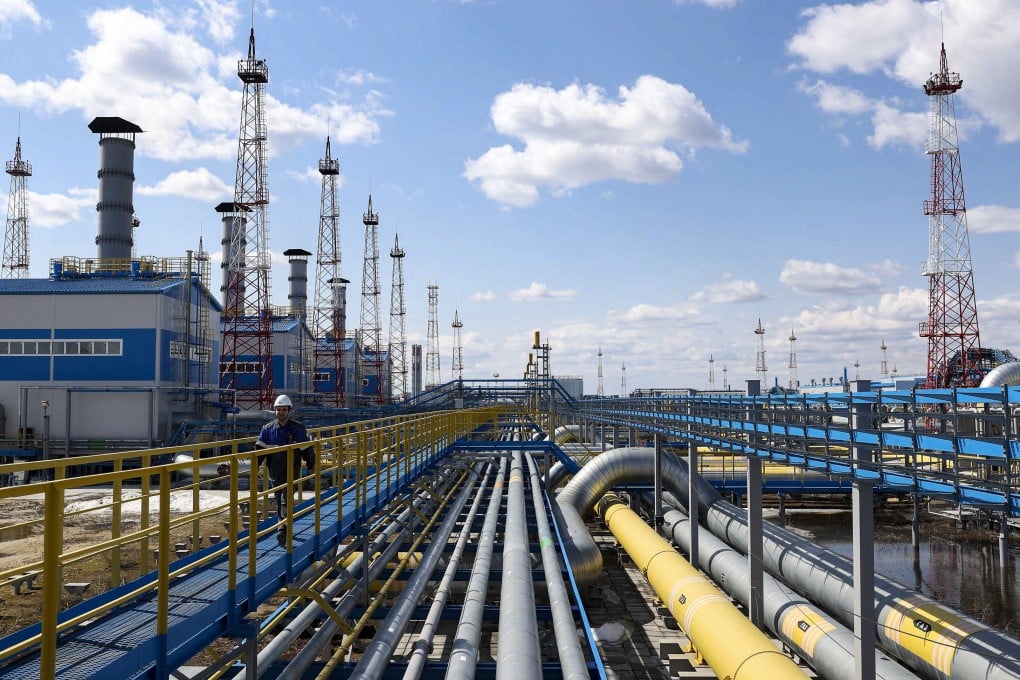China-Russia trade: ambassador says they can do even more to bolster record trade levels
- Logistics problems remain prominent in Sino-Russian economic cooperation and trade, says China’s top envoy to its northern neighbour
- Cross-border transport must be improved, and the two countries still lack an accounting and settlement system

China’s top envoy to Russia says the neighbours should do more to remove trade hurdles and enhance connectivity, even as trade between them hit a record high this year.
“Thanks to the joint efforts of both sides, bilateral trade has maintained a strong upward trend, and this is why it has reached another record high,” Chinese ambassador Zhang Hanhui was quoted as saying in an interview with Russian state-owned news agency Sputnik that published on Thursday.
In the first 11 months of this year, the total volume of Sino-Russian trade reached US$172.41 billion, up 32 per cent year on year and already surpassing last year’s annual figure of US$146.87 billion, Zhang said, citing Chinese customs data.
This was a solid step towards the annual trade target of US$200 billion by 2024 set by the countries’ leaders, Zhang added.
The soaring trade volume this year has been mostly driven by Chinese imports from Russia, which jumped by 47.5 per cent to US$105.07 billion from January to November, according to Chinese customs.
Currently, around 80 per cent of Chinese imports of Russian products are minerals, and crude oil comprises more than 70 per cent of those imported minerals.
